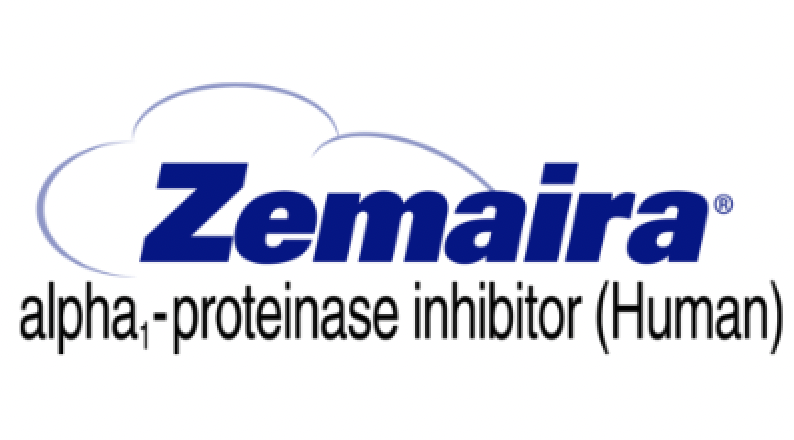
Alpha-1 Antitrypsin Deficiency
Understanding Alpha-1 Antitrypsin Deficiency
Alpha-1 Antitrypsin Deficiency (AATD) is a genetic disorder characterized by low levels of the protein alpha-1 antitrypsin (AAT) in the blood. AAT, produced by the liver, is essential for protecting the lungs and other tissues from damage caused by enzymes such as neutrophil elastase. When AAT levels are insufficient, it can lead to lung conditions like emphysema or chronic obstructive pulmonary disease (COPD) and liver diseases, including cirrhosis.
Common Signs and Symptoms of Alpha-1 Antitrypsin Deficiency:
Respiratory Symptoms:
- Shortness of Breath: Difficulty breathing, particularly during physical activity.
- Chronic Cough: A persistent cough that may produce phlegm.
- Wheezing: A whistling sound when breathing.
Liver-Related Symptoms:
- Fatigue: Persistent tiredness or decreased energy levels.
- Jaundice: Yellowing of the skin and eyes.
- Abdominal Discomfort: Pain or swelling in the upper right side of the abdomen.
This information is provided as a resource and is not intended to diagnose a condition or prescribe treatment. If you notice any of these symptoms or have concerns about your health, please consult your physician.
Treatments prescribed by:
Referral Forms
Click on the link below to see all referral forms or select an associated treatment below in Associated Treatments to view detail and download the relative treatment referral form.
All Referral FormsAssociated Treatments
Click on a treatment below to view detail.





